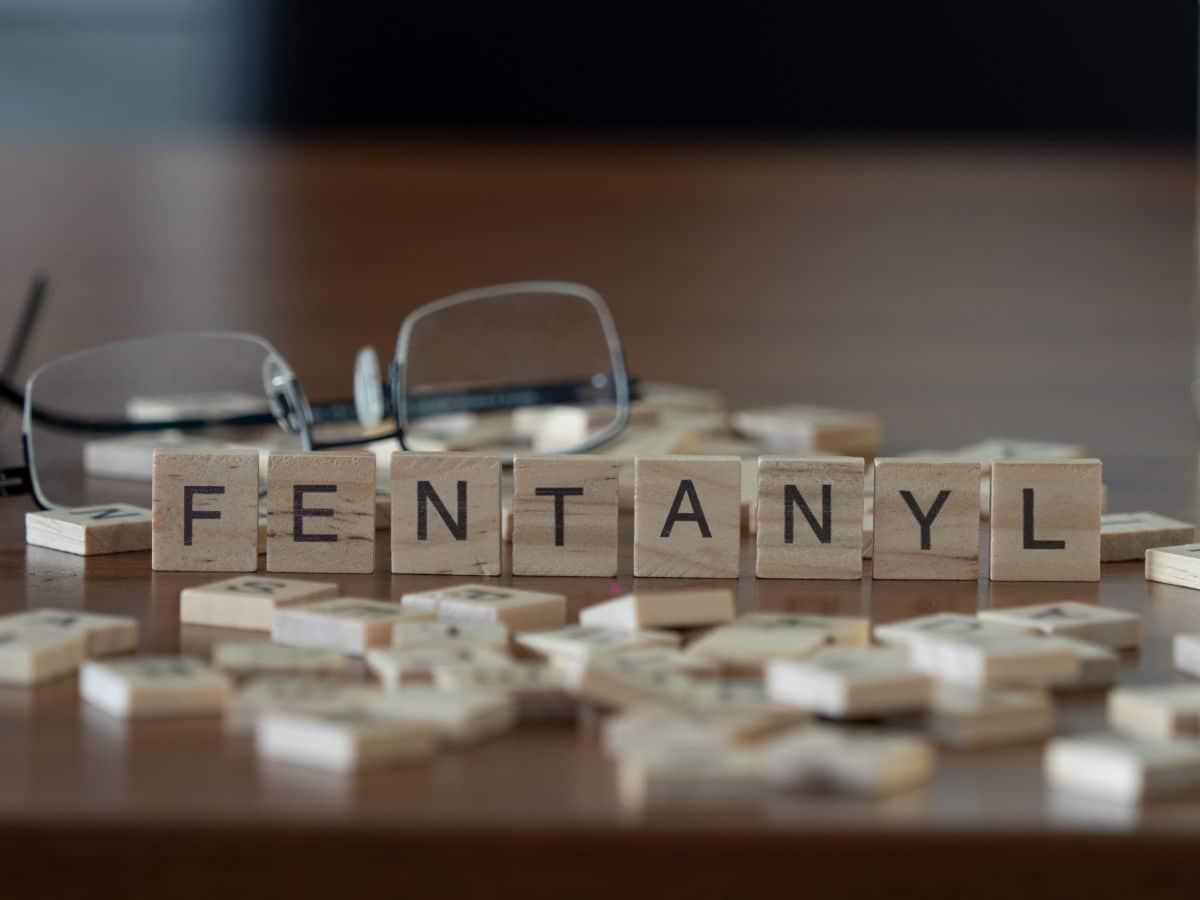
Fentanyl use is a growing problem worldwide, and medical professionals are constantly on the lookout for new treatment methods and substances that help fight symptoms. With the rise of illegally distributed and created fentanyl, there has been a rise in cases of opioid use disorder and deaths related to fentanyl. One of the more trusted substances used during the recovery process is Suboxone, used for fentanyl and dependencies on other types of opioids. But what effects would Suboxone have on people who use fentanyl, and how effective can it be?
What Is Fentanyl and How to Know Treatment Might Be Necessary
Fentanyl is a synthetic opioid pain reliever often used to treat patients with advanced cancer pain. It is incredibly potent and much stronger than similar medications like morphine. With the rise of illegally developed and distributed fentanyl, there has been a rise in opioid use disorders and deadly outcomes for individuals who are unaware of fentanyl laced in their drug of choice.
Fentanyl can lead to intense happiness, constipation, drowsiness, breathing problems, unconsciousness, sedation, and death in serious situations. Fentanyl use can take over your life, leading to strained relationships, difficulty enjoying past hobbies or reaching goals, and deteriorating physical health. When this occurs, finding effective treatment methods is of the utmost importance. That’s where a substance like Suboxone comes in.
What Is Suboxone?
Suboxone is the name of a medication used to treat opioid use disorder. It’s a medication that combines buprenorphine and naloxone to help individuals remove their cravings for opioids. The buprenorphine component helps block the opioid receptors in the body and prevent withdrawal symptoms from occurring. The naloxone component attaches to opioid receptors and controls the addictive sensations that these drugs create. These components make Suboxone a strong and effective medication that creates a “ceiling” effect that blocks the impact of addictive opioids.
How Effective Is Suboxone on Fentanyl Withdrawal Symptoms?
Suboxone is one of the most effective methods of treating addictions to opioids and the accompanying withdrawal symptoms. But remember, Suboxone is a powerful drug on its own, and you should take its usage seriously and make sure medical professionals monitor you. Patients should be dealing with mild to moderate withdrawal symptoms before trying Suboxone as a recovery method. Some of these symptoms include:
- Muscle aches
- Anxiety
- Runny nose
- Fatigue
- Inability to sleep
- Restlessness
- Excessive sweating
Serious side effects occur between 24 and 72 hours post-fentanyl use and can include:
- Goosebumps
- Diarrhea
- Blurry vision
- Cramping
- Nausea and vomiting
- High blood pressure
- Rapid heartbeat
Don’t deal with withdrawal symptoms alone. A team of medical professionals can provide effective treatment programs like addiction medication management that help keep you on the road to recovery while ensuring that these withdrawal symptoms don’t take over your life. Be sure to contact your local treatment center for more information on incorporating Suboxone into your addiction recovery.
Steps to Recovery Can Help You Recover From Opioid Use
Fentanyl is just one of the many dangerous synthetic opioids that impact individuals all over the world. But you don’t have to let this drug consume your life. Take back your mind and body with help from the mental health professionals at Steps to Recovery. Our opioid addiction center can provide countless levels of support for your condition no matter how far down the line you might be. There’s never a wrong time to start your recovery, so contact us today or call the team at Steps to Recovery at 267.719.8528 for more information on how we can help.
Sources:
https://americanaddictioncenters.org/suboxone/what-happens-if-you-take-drugs-while-on-suboxone
Explore this article:
Explore Our Facilities
Drug and alcohol detox and residential treatment for addiction and mental health disorders
Outpatient treatment center for substance use disorder and mental health disorders
Outpatient treatment center for substance use disorder and co-occurring mental health disorders







